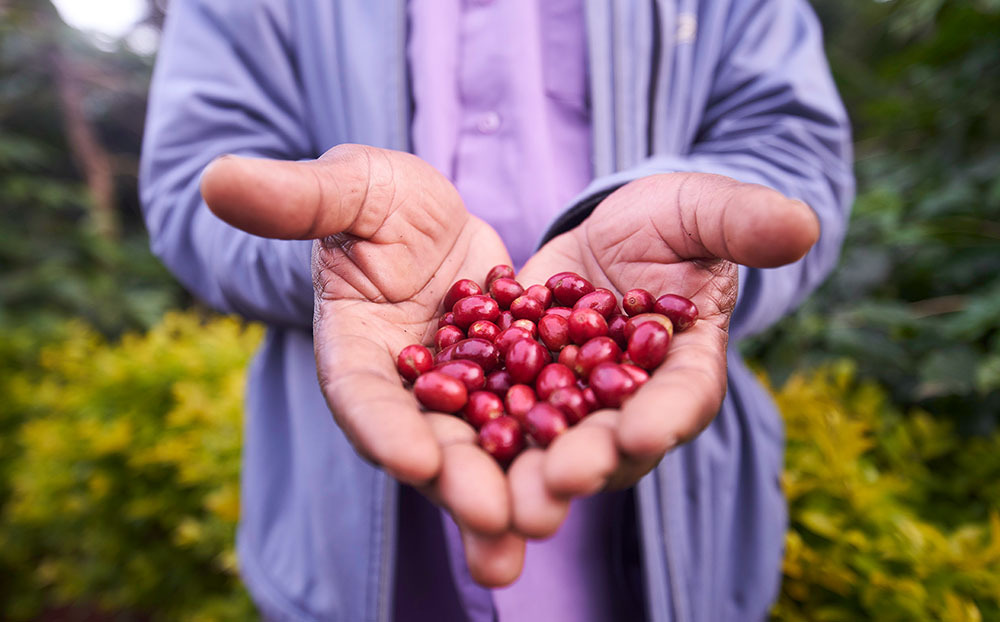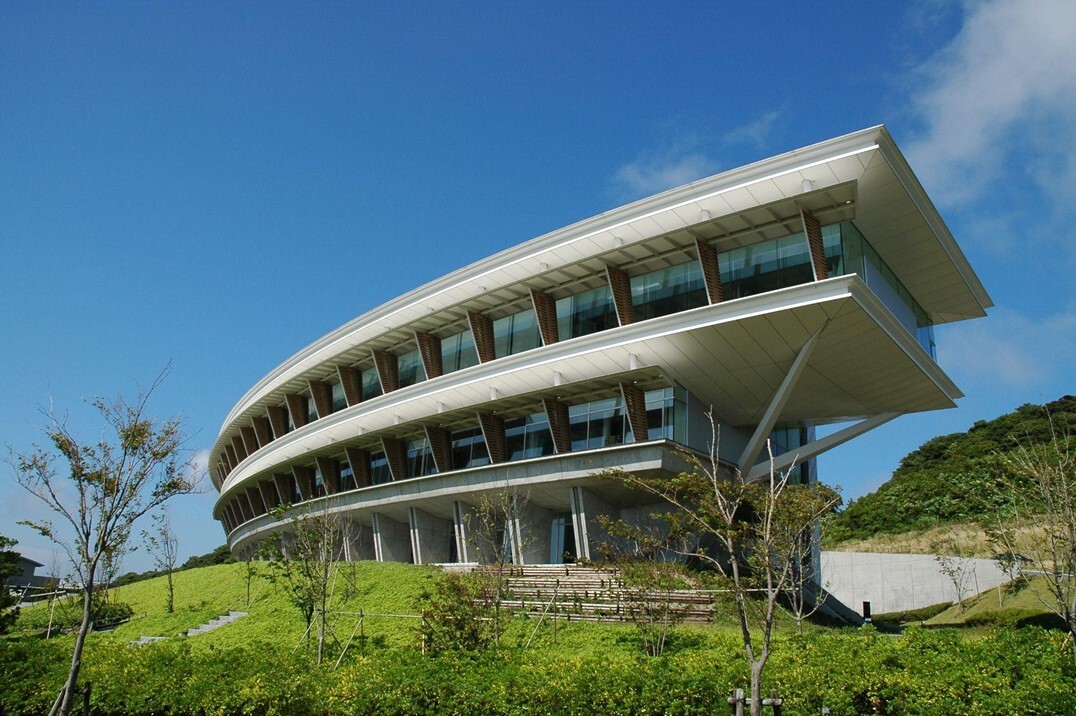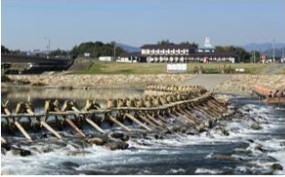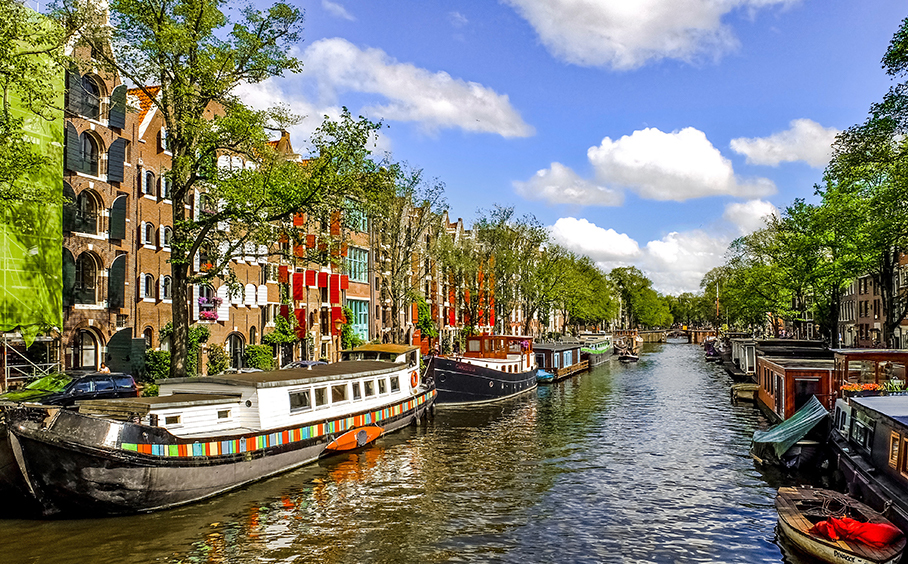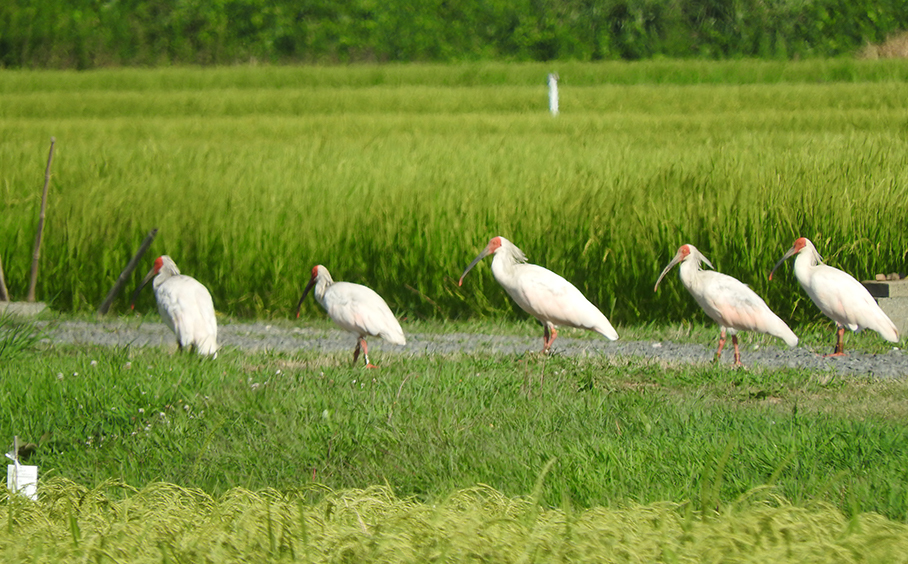
by 佐渡観光PHOTO
Issue
Sado rice lost its brand strength after a typhoon in August 2004 devastated its entire annual rice crop that year
Solution
Sado re-established its rice brand by promoting environmentally-friendly farming with rice certification and boosting the island’s economy

Decline in brand value due to the typhoon
Sado’s “Koshihikari” rice had a high brand value as one of the most prominent ones in Japan. However, the typhoon that hit Sado Island in August 2004 wiped out that year's entire rice crop. Because of that event, the Sado rice once lost its brand value and struggled to sell the produced rice. Sado City was wondering if there was any way to re-establish the brand of rice grown in Sado.
Branding rice with the reintroduction of the crested ibis
Sado City came up with an idea to restore the brand value of Sado rice by linking it to the return of crested ibis to the wild. Originally, Sado was an island inhabited by wild crested ibises. The crested ibis was the symbol of Sado Island. However, they were once extinct due to overfishing and the loss of feeding grounds caused by paddy field development. Later, the Sado Japanese Crested Ibis Conservation Center continued to breed the crested ibis, and the reintroduction of the crested ibis took place in 2008.
In the same year as the reintroduction of the crested ibis, in 2008, Sado city introduced the rice certification initiative called “Toki-to-Kurasu-Sato" (Villages coexisting with the crested ibis). The twin purpose of this certification initiative is "securing feeding grounds for crested ibis” and “promoting environmentally friendly agriculture.” As a matter of fact, even though the reintroduction took place, the living conditions of the crested ibis are still fragile. Maintaining good living conditions for them is an essential issue for the crested ibis to be settled in Sado Island.
Rice certification initiative “Toki-to-Kurasu-Sato"
In order to be certified as “Toki-to-Kurasu-Sato,” farmers need to meet the following requirements:
- Implementing "wildlife-friendly farming”
- Conducting a survey of living things in rice fields twice a year
- Using at least 50% fewer pesticides and chemical fertilizers than local practices
- Using no herbicides to the rows between paddy fields
- The rice must have been grown on Sado Island
To be counted as "wildlife-friendly farming,” farmers have to fulfill at least one of the following:
- Creating puddles around rice paddies
- Creating water channels to enable fish to swim around paddy fields freely
- Keeping some water on rice fields in winter
- Using unused fields as a biotope by filling them with water
- Cultivating without agricultural chemicals and chemical fertilizers
“It is not easy to maintain good rice production while meeting these requirements,” says Mr. Shinichiro Saito, a farmer in Sado. It has been a challenge to convince more farmers to use this certification system. Still, with the continuous efforts by stakeholders, the number of farmers producing certified rice is increasing to cover around 25% of the rice field in Sado as of 2016. Also, the number of crested ibis in the wild is steadily growing to more than 400 as of 2021. Behind it was collaborative efforts by the farmers, the agricultural cooperative, and the government. They see the steady growth of the demand for Sado rice, which demonstrates the gradual re-establishment of the Sado brand.
In essence, Sado’s model of Nature-based Solutions is to realize economic development by transforming agriculture into an environmentally friendly one. This initiative, along with the preservation of Sado's SATOYAMA and its traditional terraced rice paddies, has been recognized as Globally Important Agricultural Heritage Systems (GIAHS).
Future prospects for Nature-based Solutions in Sado
In 2021, Sado City celebrates the 10th anniversary of its GIAHS certification. In order to continue this initiative in the future, many challenges need to be overcome. One of the challenges will be the declining and aging agricultural population. The labor shortage and pursuit of efficiency make it difficult to sustain environmentally friendly agriculture. In this context, Mr. Toshiyuki Honda of the Sado City government points out that the certification system needs to strike a good balance to promote ecologically friendly agriculture without imposing excessive burdens on farmers. Continuous efforts to improve the certification and other relevant systems in an inclusive manner seem to be the keys to respond to future challenges.
Location

